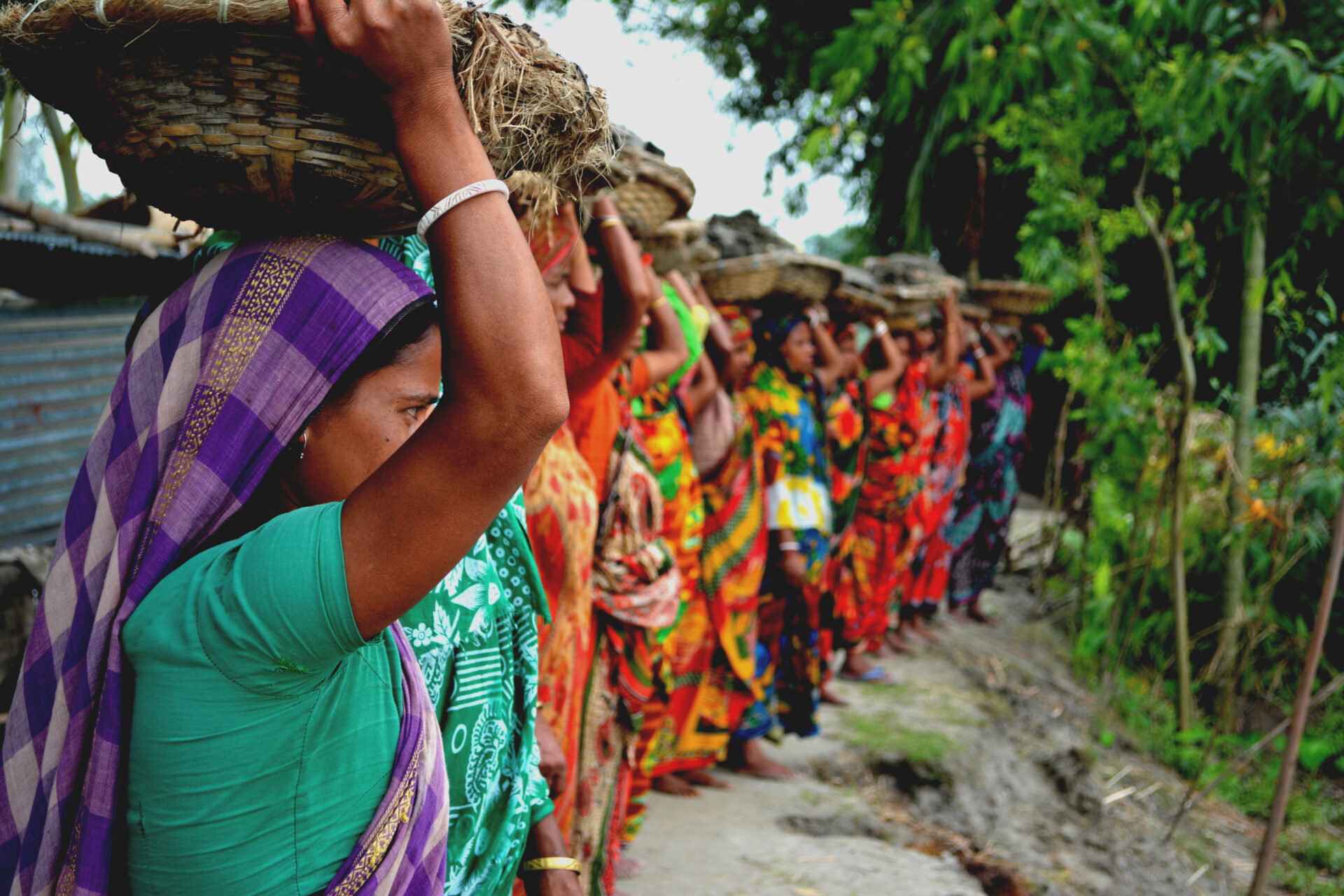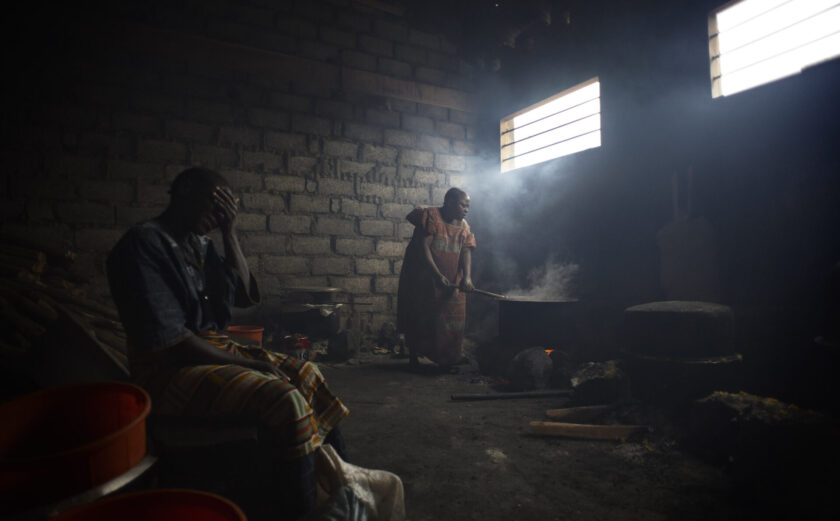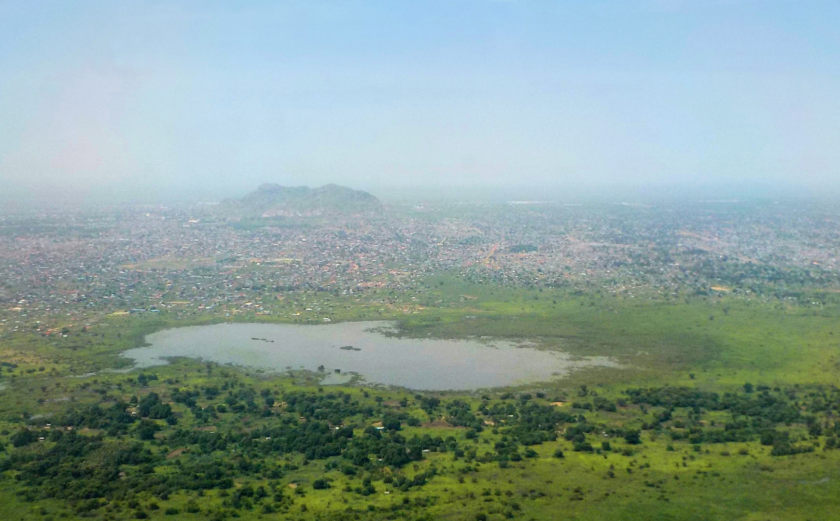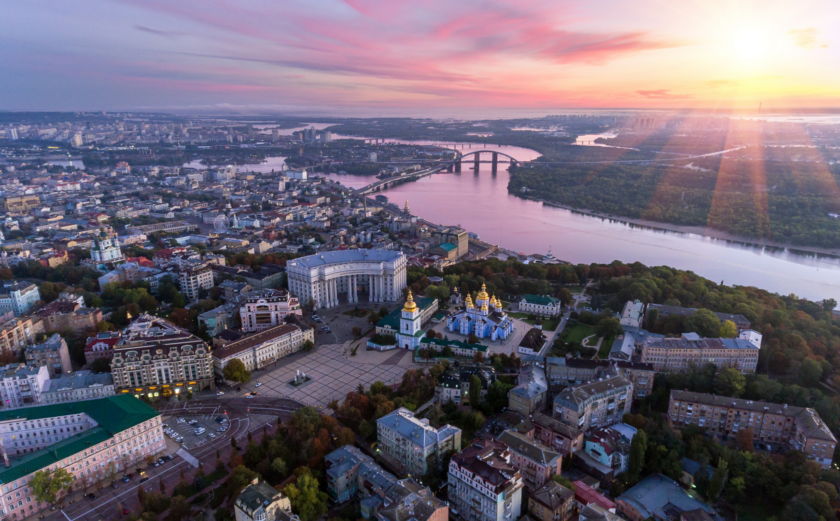
A Pandemic-Induced Crossroads
International NGOs After COVID-19
The international nongovernmental organization (NGO) community currently sits at a crossroads. Amid the COVID-19 pandemic, U.S. based NGOs remain highly relevant. However, during this unprecedented time, some organizations will continue to thrive, while others will fail.
Across the sector, even as human suffering increases, the ability to operate and add value will become ever more challenging. Neither the strength of governments or the private sector suffice; civil society lies at the heart of a strong community and the ability people to safeguard their safety and security.
Central to civil society’s mission is holding governments accountable, and they have a broad mandate to protect and provide services to the world’s most vulnerable. Operational NGOs represent a crucial part of this service delivery. Through a myriad of programs crossing hundreds of countries, NGOs serve as a central piece of the global humanitarian system in saving lives, influencing governments and institutions to focus on people; bringing deep technical expertise; representing the values of freedom and equality; and mobilizing billions of dollars.
The COVID-19 pandemic created shocks that many, including NGOs, were not prepared to withstand and will result in a fundamental evolution of the sector. The pandemic has unveiled a resurgence of nationalism, deep cracks in our global economic and social systems, widening inequity, increasing local responses, and closing civic space. The vicious spiral of a worldwide health crisis, creating a global economic downturn with increased food insecurity, will shape the roles of NGOs for decades.
On calls with U.N. leaders, conversations revolve around responding to the spike in COVID-19 cases anticipated in Summer 2020 across the world’s most vulnerable countries. The West’s new “normal” of social distancing is physically impossible in the slums of India, where people live cheek-to-cheek. Continuous washing of hands will not be possible for the 925,000 Rohingya Muslim refugees living in Bangladesh’s Cox’s Bazar, where the dry season continues, and water is scarce. This pandemic is a global health, social, economic, and political crisis that may reverse a generation of human progress in the world’s poorest countries. Unless NGOs, in concert with governments, the private sector, and the whole of civil society, rise to the occasion to help the most vulnerable population, a global setback to human progress is likely.
While some NGO field operations have paused globally, many have shifted their work to adapt to closed borders, tapping new logistics and food supply chains. During this time, NGOs must increasingly look at cross-sector collaboration and harness local areas of expertise, bringing innovative ideas that could increase rapid mobilization. Innovative NGO practices and partnerships created during this pandemic must persist after the world starts to “open,” as it is unlikely that travel across borders will reset itself to pre-COVID norms anytime in the near future.
History shows that when countries look inward to focus on domestic threats, fear of the other within those countries grows. As COVID-19 explodes across the Global South, tribalism, xenophobia, and racism will become the mantra of strongmen and will likely be directed at NGOs and their staff. In response, NGOs will need to accelerate their localization trend—not just hiring local staff to implement programs, but also by supporting local civil society and creating empowered legal entities that further trust within a community.
Even as it becomes harder to work across borders, community solidarity and action are gaining momentum. People are helping each other and contributing to their community. The idea we must care for those among us who are ill or in need is found in all faiths, all cultures and is seen worldwide. While expatriates from around the world will continue to play crucial roles in a country, local teams, local boards, and local partners must become the face of the NGO.
In a turbulent and uncertain environment like the COVID-19 pandemic, space for civil society closes, and government crackdowns emerge. NGOs play a significant role in public service campaigns to raise awareness of issues and supporting local civil society organizations that represent those without a voice. NGOs must assist in filling the information vacuum, countering the misinformation and disinformation that comes when leaders are afraid.
As the NGO community attempts to find its footing in a shifting COVID-19 landscape, one thing cannot change—the need for transparency. When NGOs work in the light, it helps build local trust, inspires confidence in the work on the ground, and enhances long-term stability. When NGO programs are transparent, accountability to the communities and people they serve grows.
The Sustainable Development Goals (SDGs) are universal in their reach and mandate; they apply to all countries, whether rich or poor. The global nature of the COVID-19 pandemic will come with aftershocks that include hunger, fear, poverty, gender-based violence, and overwhelmed health systems. NGOs with an international remit will increasingly work at home in the U.S., bringing lessons from overseas to confront disease, poverty, hunger, and inequity.
Program adaptation and the creation of new programming to fight the pandemic do not come without a monetary cost. The COVID-19 pandemic will bring some of the most substantial U.S government funding opportunities. However, these investments could take the sector in an unsustainable direction. Fiscal realities will eventually stop the flow of new resources. While large global NGOs will only continue to grow, mid-sized NGOs will increasingly need to explore a wide range of options, from mergers to social enterprises, to survive and thrive. Many will face headwinds, and some will close.
As we all adjust to the reality this pandemic necessitated, an opening has emerged to become even more agile and innovative. A crisis grants us a moment to embrace new ways of working, including new partnerships, commitments to local actors, and adaptive management approaches. International NGOs are among the most formalized and resilient sectors within civil society—NGOs will survive. The question is whether NGOs dare to adjust and adapt their overall programming to be as relevant and impactful as possible during this pandemic. It is a risk to be brave, but this is one risk we must take.
-Sam Worthington, May 2020
—
To read observations and thoughts by other leaders of civil society networks and platforms on current challenges and opportunities brought by the COVID-19 pandemic, click HERE. To join the June 17 workshop on this topic, click HERE.









